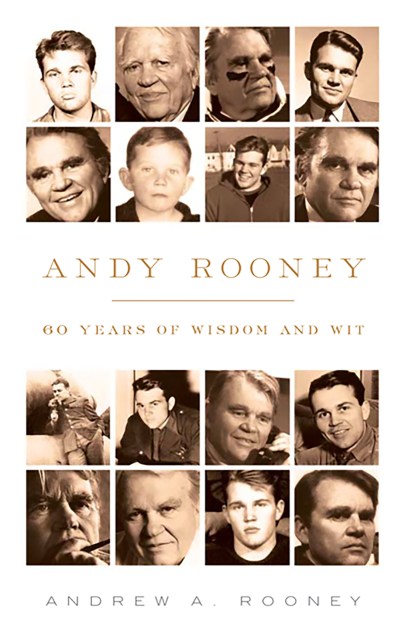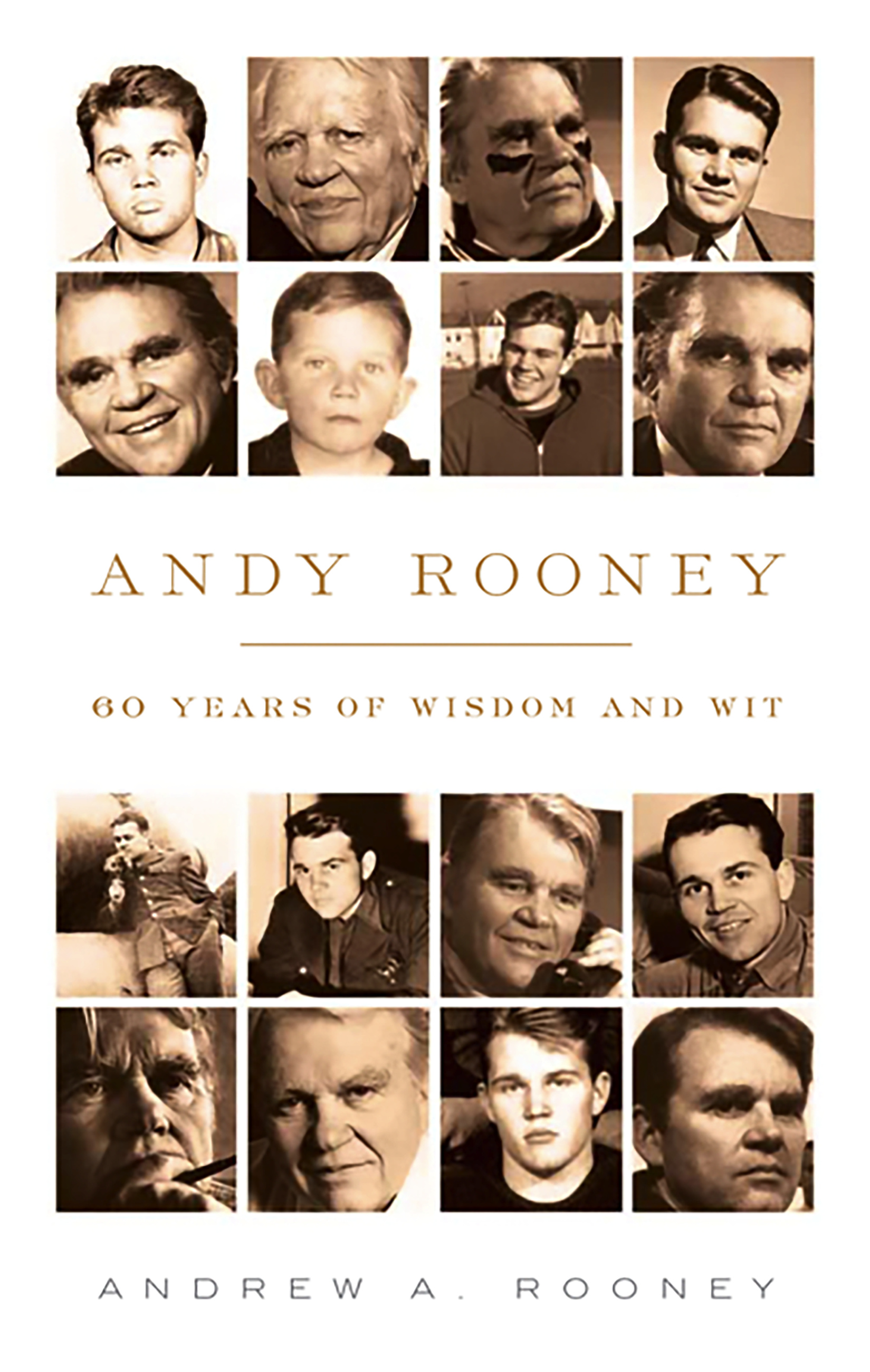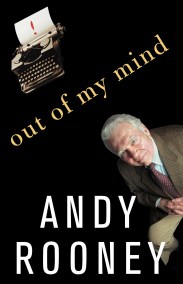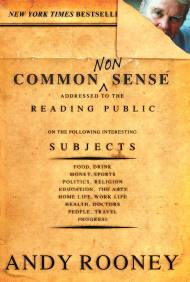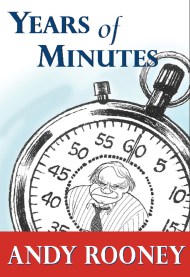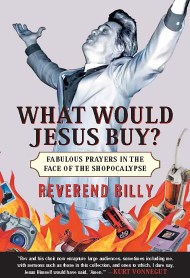By clicking “Accept,” you agree to the use of cookies and similar technologies on your device as set forth in our Cookie Policy and our Privacy Policy. Please note that certain cookies are essential for this website to function properly and do not require user consent to be deployed.
Andy Rooney: 60 Years of Wisdom and Wit
Contributors
By Andy Rooney
Formats and Prices
- On Sale
- Oct 26, 2010
- Page Count
- 320 pages
- Publisher
- PublicAffairs
- ISBN-13
- 9781586489038
Price
$21.99Price
$28.99 CADFormat
Format:
- Trade Paperback $21.99 $28.99 CAD
- ebook $11.99 $15.99 CAD
This item is a preorder. Your payment method will be charged immediately, and the product is expected to ship on or around October 26, 2010. This date is subject to change due to shipping delays beyond our control.
Buy from Other Retailers:
Andy Rooney: 60 Years of Wisdom and Wit brings together the best of more than a half-century of work (including long-out-of-print pieces from Rooney’s early years) in an unforgettable celebration of one of America’s funniest men. With selections from his beginnings as a correspondent for The Stars and Stripes during WWII to his arrival at CBS to his more than thirty-year stint on 60 Minutes, this book is a must-have for any Rooney fan.
Genre:
Newsletter Signup
By clicking ‘Sign Up,’ I acknowledge that I have read and agree to Hachette Book Group’s Privacy Policy and Terms of Use
